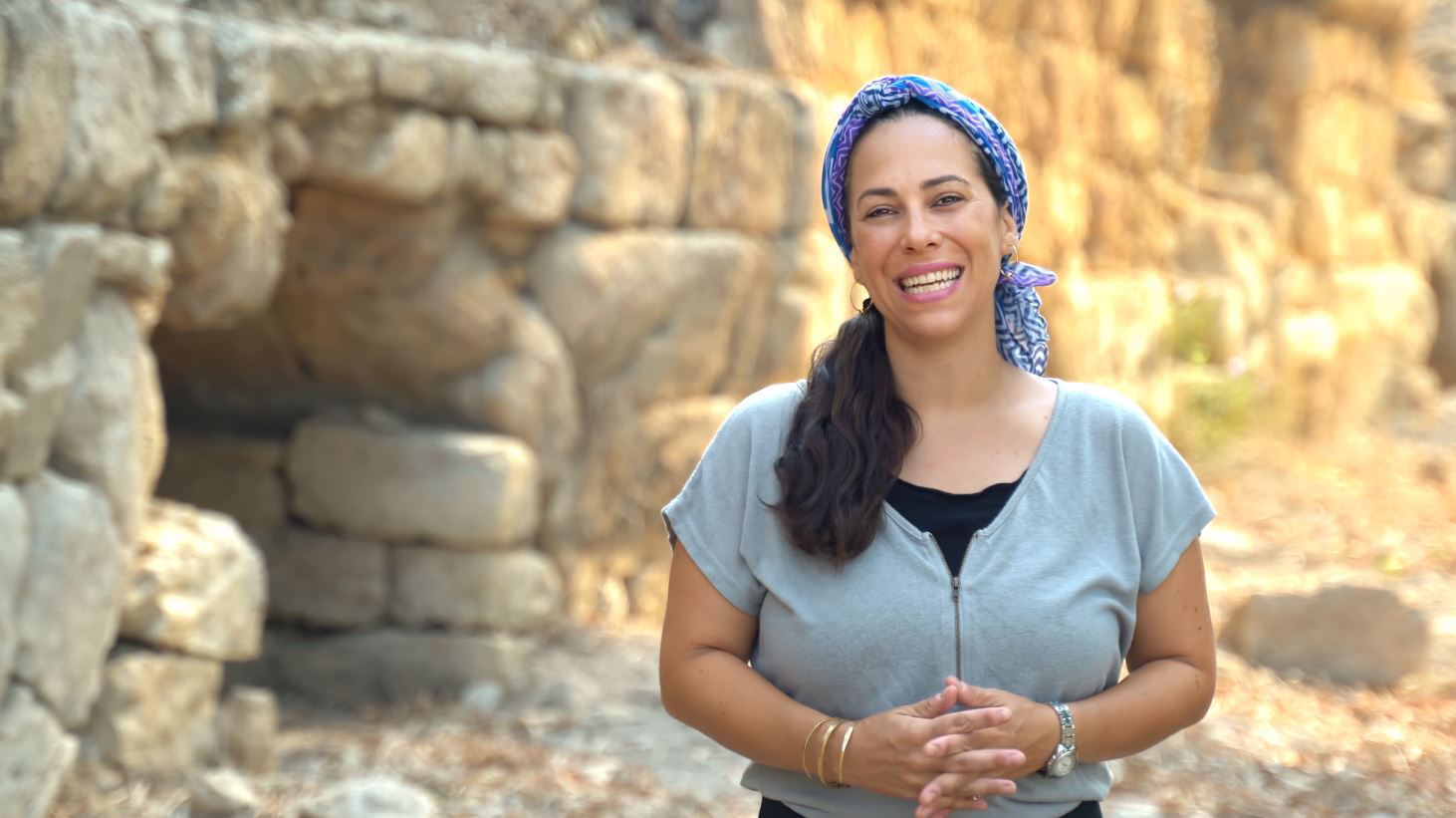|
Yael's Holy Land ReflectionsShattering Myths
January 31, 2020
Dear Friend of The Fellowship, Last year I was lucky enough to have visited Efrat, a settlement located in what the world calls the West Bank but we know as biblical Judea and Samaria, I wasn’t sure what to expect. I pictured a small, sandy outpost in the middle of nowhere, with makeshift houses surrounded by barbed wire. News reports would lead us to believe that the settlements are built on stolen land and therefore surrounded by angry Arabs. But that’s not even close to what I saw. The first thing that struck me as we entered Judea was how beautiful and biblical it is. Rolling green hills, groves of olive trees, grapevines, and white Jerusalem stone dotted the landscape, punctuated by occasional herds of sheep. Road signs pointed the way to Bethlehem, Jerusalem, and Hebron, all located in Judea. I could easily picture stories from the Bible happening in the exact area I was driving by: Ruth harvesting wheat, David shepherding his sheep, and throngs of Israelites joyfully on their way to bring their first fruits to the Holy Temple in Jerusalem. When we approached the settlement of Efrat, I saw a huge, beautiful city. Just 15 minutes south of Jerusalem, Efrat has over 10,000 residents and modern houses both small and large. I saw the people of Efrat out and about, enjoying their lives without a care in the world. There isn’t even a security fence surrounding the city because, as the mayor explained to me, Efrat is on good terms with the Arab villages that surround it. I learned that the unusual shape of Efrat long and thin, as opposed to being built around a central point like most cities took its form because the city went to great lengths not to build on any land privately owned by Arabs. Every inch of the city was built on Israeli state land. So much for what I had heard on television! And what the mainstream media definitely doesn’t show us is that Arabs work in Efrat, earning a good living every single day. Just outside the city, Arabs and Israelis do business together, shop together, and work together at local stores. While the settlements are usually described as a place of strife between Arabs and Jews, I found the opposite to be true. There is more cooperation between these two groups here than in many other cities in Israel. The reality is that most of the Arab population in this area is at peace with Israel. My visit to the settlement of Efrat shattered many of my preconceptions, and left me with a haunting question: If I, a Jewish Israeli, was misinformed about the reality on the ground in Judea, what lies is the rest of the world led to believe? Knowledge is power and in this fight between good and evil, we had better arm ourselves well with the truth. Inspired by Isaiah 62:1 “For Zion's sake I will not keep silent, for Jerusalem's sake I will not remain quiet, till her vindication shines out like the dawn, her salvation like a blazing torch” I am committing myself to busting myths about Israel. I hope you will join me. Get Yael’s Corner
|
|
|




